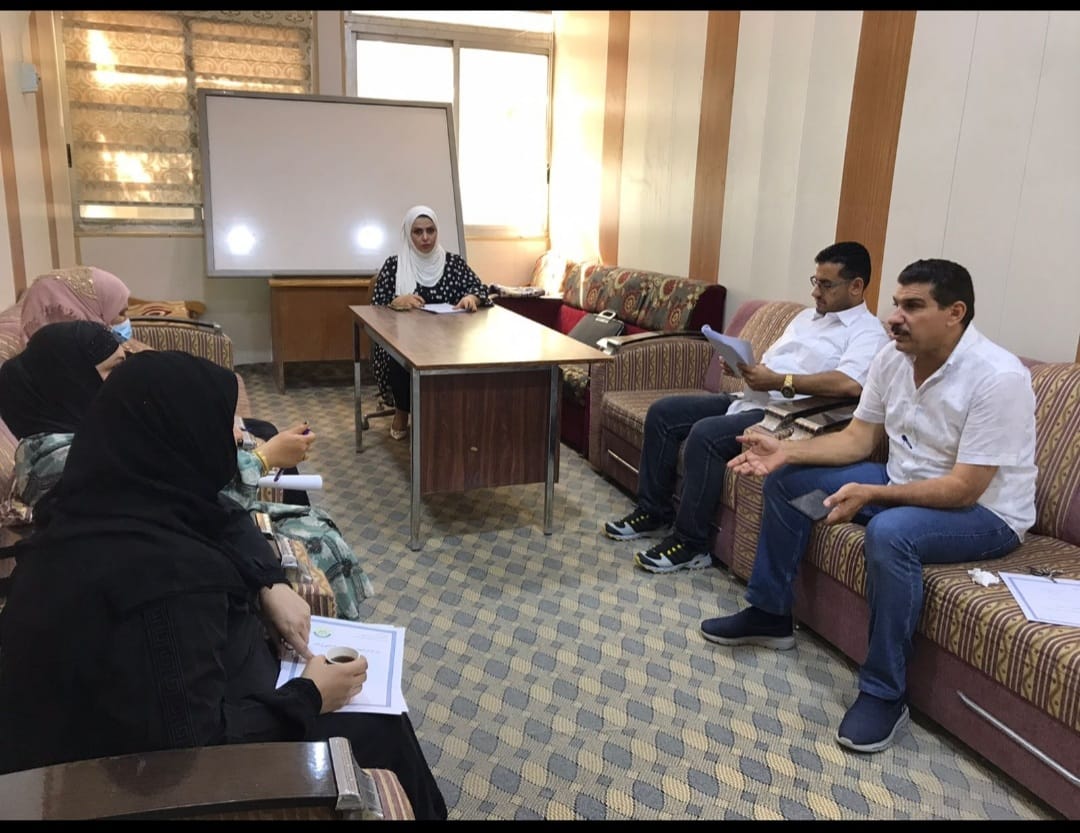A panel discussion in the Department of History, College of Education for Human Sciences, University of Basra (Abdul Rahman Al-Baydani, his biography and political role in Yemen from 1926-2012) discussed
The researcher ((Athar Jabbar Obaid)) said that this study dealt with one of the political figures who left his mark in the contemporary history of Yemen in all its political, economic and social fields.
The researcher stated that the reasons that prompted me to write this topic were conflicting opinions, contradicting information, and different attitudes about Al-Baydani’s personality, and thus the clarity of the picture, which was shrouded in some ambiguity.
This study attempts to know the biography of Al-Baydani and his political activity since the years of the Imamate rule in Yemen, and even his activities and roles that he practiced, after he became out of power. The Egyptian military intervention in Yemen through its relationship with Gamal Abdel Nasser and Anwar Sadat, and the impact of Egypt's role in the September 26, 1962 revolution, and the shift in government from monarchy to republican, the positions he held and the positions he took.
The researcher divided the thesis into an introduction and four chapters:
The first chapter dealt with: Abd al-Rahman al-Baydani, his birth, his studies, and the beginnings of his political career from 1926-1961.
The second chapter is devoted to: Al-Baidani's role in the political developments of the Yemen Arab Republic, 1962-1967.
The third chapter: Al-Baidani's position on the political events in North Yemen, 1967-1990.
The fourth chapter examines Al-Baidani's position on economic, social, cultural and religious developments.


